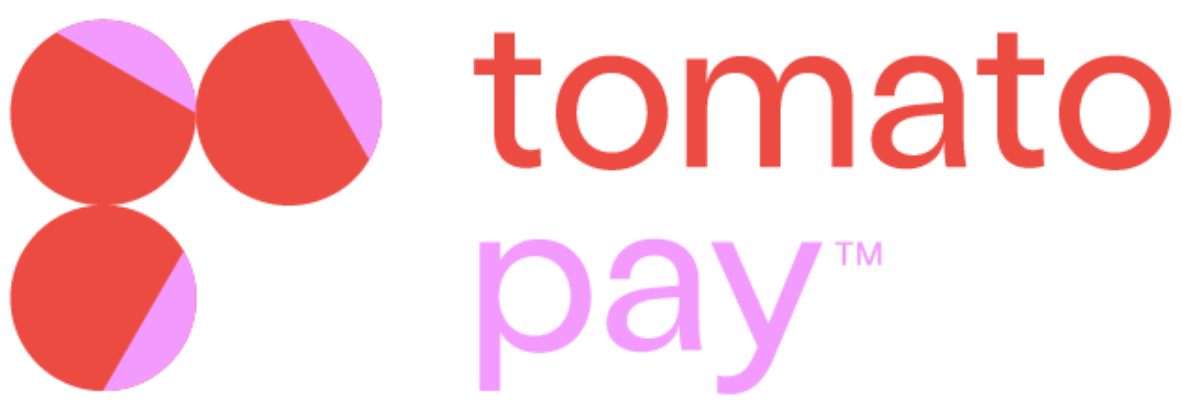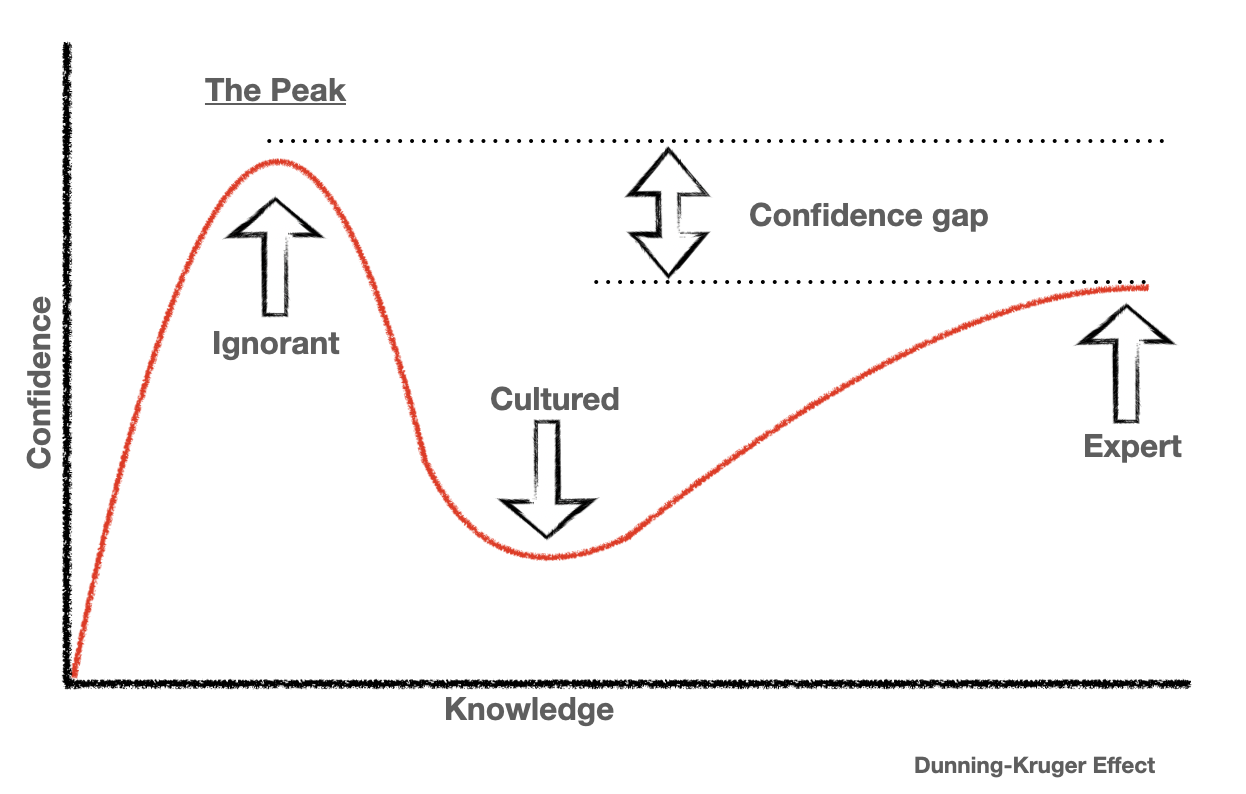On their now infamous 1993 hip hop album Enter the Wu-Tang (36 Chambers), rap aficionados Wu-Tang clan proclaimed what the world of economics has long known … Cash Rules Everything Around Me (C.R.E.A.M.)
If cash is the heart of any business, then cash flow is its lifeblood
In this context, good business management is about finding the right balance between cash inflows and outflows that encourages growth.
This analysis appears to be a fairly straightforward exercise. Ensure more money is flowing in than flowing out. Sounds simple, right? Unfortunately, it‘s not.
tomato pay is a financial solution.
tomato pay is a financial solution for Small-Medium-Enterprises (SMEs) and their financial partners. The application enables business managers to monitor company financial performance, build forecasts, and communicate complex information clearly and simply in natural language, thereby facilitating financial discussions in real-time.
Company financial data is fundamental to the management of risk in financial services, and its analysis is essential. As a consequence, communicating this information is of the utmost importance for a well functioning financial services sector.
Cash transactions are the building blocks of financial analysis.
Cash transactions make up the core of this analysis. The ability to identify historical and future patterns in the hundreds or thousands of transactions that occur every month in a company forms the building block for all financial data analysis, including the creation of monthly and yearly management accounts.
In accounting, cash flow is the difference in amount of cash available at the beginning of a period (opening balance) and the amount at the end of that period (closing balance). Cash flow is positive if it’s generating a surplus of cash, thereby allowing the business to reinvest in growth. Companies need cash to pay expenses such as rent, invest in inventory or raw materials, and to hire more employees. Conversely, when more money is leaving the business than coming in, cash flow is negative. Negative cash flow can have a detrimental impact on growth.
Cash flow as an economic indicator demonstrates the financial strength of a business but should not be confused with profit. A company may have a positive cash flow but it may be due to financing, rather than operations.
Operating cash flow is defined as cash generated from operations less taxation and interest paid, investment income received and less dividends paid. It is calculated by taking into account cash generated from customers (inflows) and cash paid to suppliers (outflows). The difference between these two measures reflects cash generated from operations.
Open banking will democratise financial knowledge.
Open banking represents an incredible opportunity to democratise access to sophisticated cash flow analysis by applying machine intelligence to transactional data. Smart use of technology is necessary to address the massive and highly fragmented SME market segment. tomato pay has built an engine that uses algorithmic methods to detect patterns in transaction data, classify payments, forecast cash, and through partnership with financial services institutions, present strategic options based on predicted outcomes.
For cash management and forecasting, tomato pay aims to be the online tool of choice for all SMEs, regardless of whether the business uses accounting software or not. The ability to draw inference from past transactions and manage future transactions is vital to any business.
Cultivate standards to seed economic innovation.
If the intention of the open banking API is to truly support SMEs — the backbone of all well-functioning economies — it is essential the API standard be open, extensible and secure.
Innovation will occur at scale if standardisation is widely adopted and the data is easily accessible by business and commercial bank customers. The standard should foster interoperability and ultimately help the SMEs who will benefit from access to financial knowledge traditionally only available to large companies or via expensive advisory services. For this to happen, all transactional data, from all participating banks, must be clean, clear and comparable.
Where possible, the standard must be extensible to ensure implementation takes future growth into consideration. It’s difficult to predict the different emergent use cases for open banking and therefore the addition of new functionality must ensure the API structure and data flow are only minimally affected. This will help application providers remain relevant to SMEs as the industry evolves.
Perhaps most importantly, these regulatory changes must be properly communicated to SMEs, and must foster trust throughout the ecosystem. For this to occur, security is paramount, and therefore all banks and application providers must be kept to a high standard, while not inhibiting innovation.
The golden age of SME banking.
So, are SMEs burning cash or piling it up? tomato pay will soon empower all UK based businesses to analyze their cash flow using only their transactional bank data.
In the meantime, the 1990s are considered the golden age of hip hop music, so it’s fitting we highlight C.R.E.A.M. In 2018, open banking is positioned to usher in the golden age of financial innovation.






